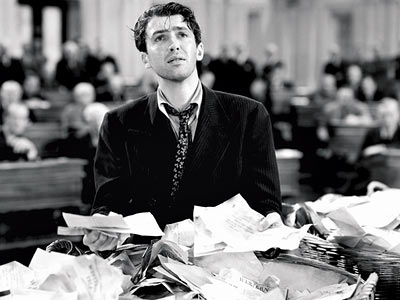Maldives - an island nation like no other. Known for its high-end luxury resorts and mesmerizing reefs, it has long been the ultimate destination for divers, honeymooners, and people who enjoy the serenity of lying on a perfect beach with the sounds of waves crashing nearby. Called a "cross between paradise and paradise", this string of islands in the Indian Ocean is the height of "good life".
Maldives - an island that has been through a turbulent past. Unbeknown to majority of the world, Maumoon Abdul Gayoom ruled, almost like a dictator, over the country for a period of 30 years which resulted in speculations of brutality, unlawful imprisonment, solitary confinement, and even killings in his name.
Maldives - an island with a new hope. The people of the nation that comprises of 2000 islands saw a savior in President Mohamed Nasheed who fought against the regime of Maumoon Gayoom for 20 years and finally took charge of the presidential office in 2008.
Maldives - an island that is slowly dying. Having just risen after its first "free elections" in 2008, the stark reality of global warming hit hard on Maldives with the rising water levels submerging the islands slowly but surely.
The Island President is the story of a man on a mission. President Mohamed Nasheed had to not only run a pro-democracy movement to give Maldives its first free elections, but since had to tackle the harsh nature of global politics to try and get governments of the world to agree upon carbon emission levels to slow down global warming and in the process save his country from drowning. He has also taken on the charge of making Maldives the first carbon neutral country.
Maldives, and subsequently President Nasheed's fight for survival takes them to the 2009 Copenhagen Climate Conference. The documentary by Jon Stark follows the president during his first year in office as he prepares for the conference and tries to make an impact on the world.
The films through the voice and ideologies of Nasheed, and his team of advisors and ministers, presents the dire necessity of the nation as it is at risk of completely losing its identity and culture. With fisheries getting affected and islands submerging at increased rates, Nasheed takes on an unprecedented hands-on-approach, meeting the people and understanding their problems.
The Island President stands out as a documentary because it does not sugarcoat the views of the President. President Nasheed speaks his mind, be it about the absurdity of the reasons for not passing a pact limiting the carbon emissions or the political tactics employed by some of the countries like India, China, and Brazil. The documentary is an eye opening look at world politics and how every country has their own agendas and deal making procedures. President Nasheed uses his position as an underdog and spearheads a campaign, including an underwater cabinet meeting, that literally makes every nation pay attention to his plight. His appeal to save not only the future for his country, but also its past is heartfelt and impact-full on those present at the conference and on us, the audience watching the documentary.
Although in 2012 President Nasheed resigned after a military coup, he was able to make a positive impression on world leaders and also the common man by working towards a goal that would not only save his people from becoming "environmental refugees" but also one that would eventually safeguard the human race. Whether his attempts were in vain, only time will tell.
The Island President is one of the most honest and direct documentaries I have seen, almost to the point that its frankness is shocking at times.
The Island President is highly recommended and essential viewing.
DVD Info:
Title: The Island President
Release Date: 27 August 2012 Running Time: 101 minutes
Distributor: Dogwoof Certificate: E
Language: English














